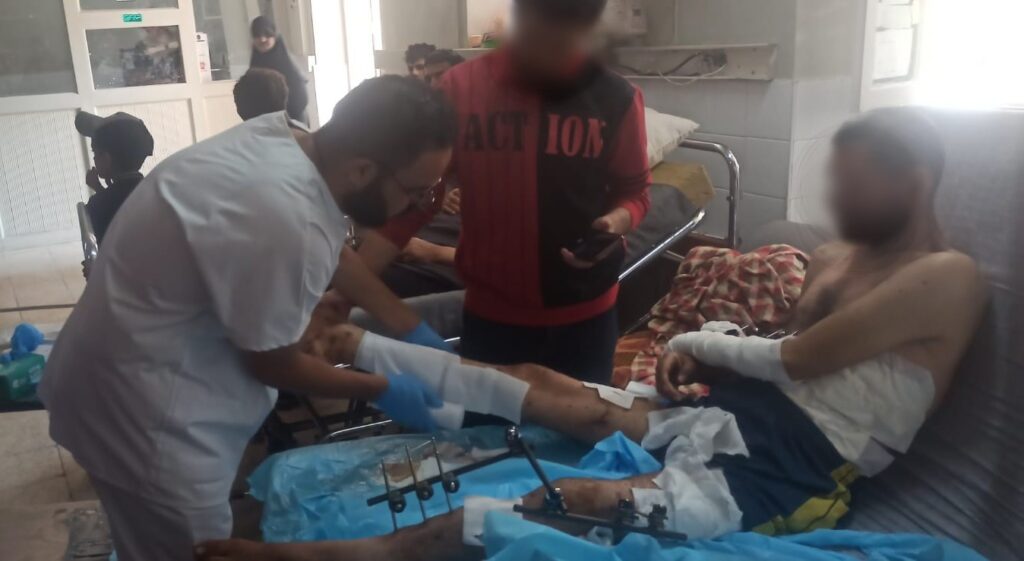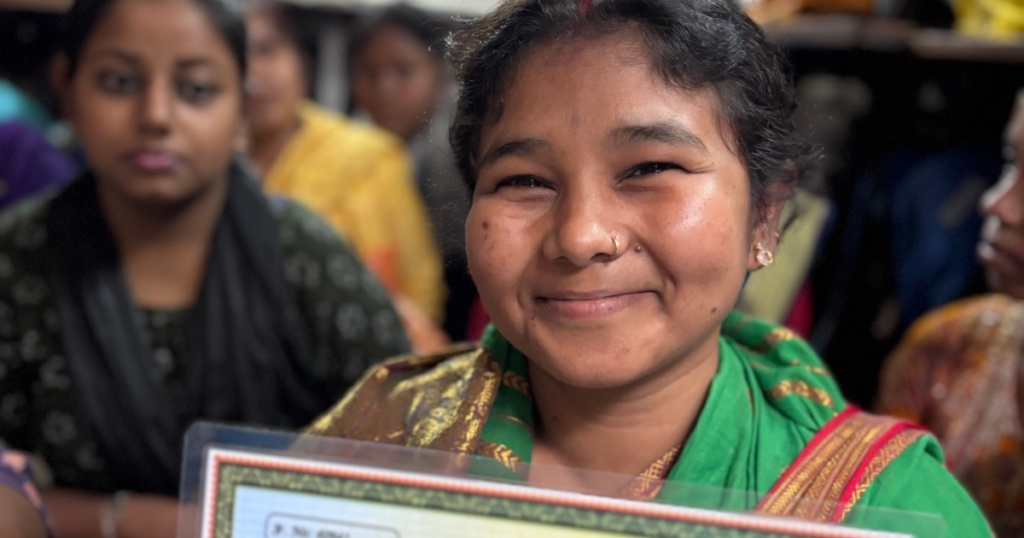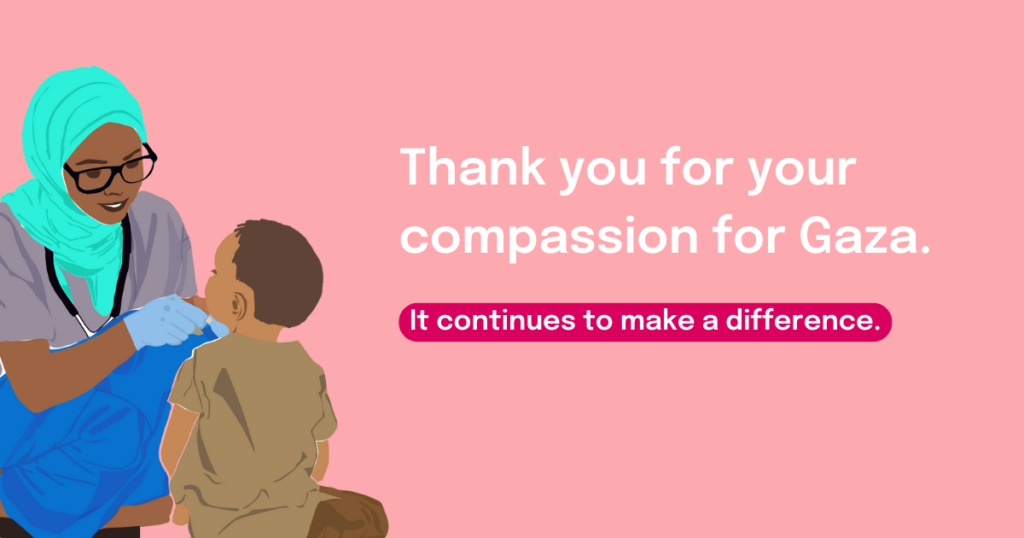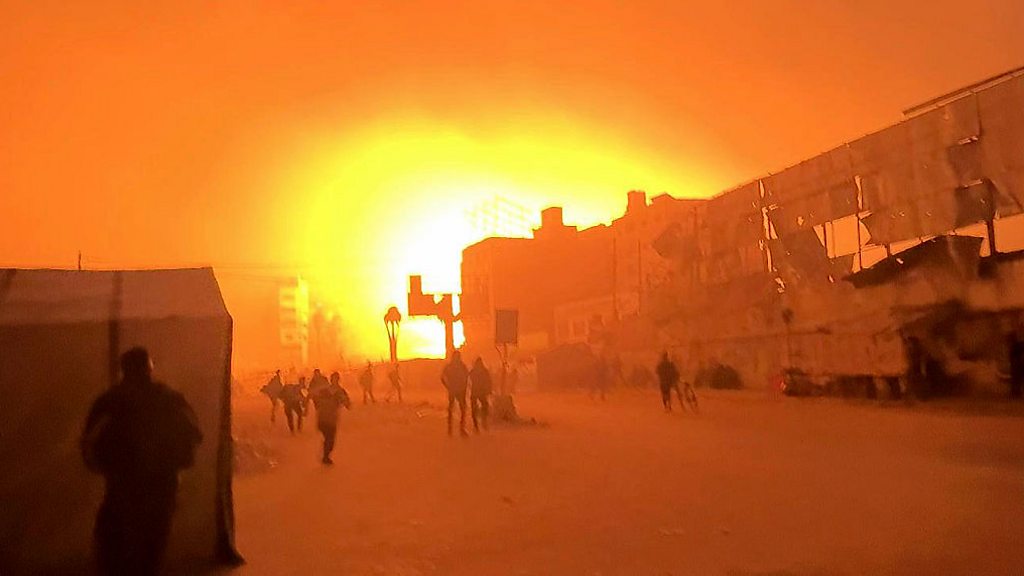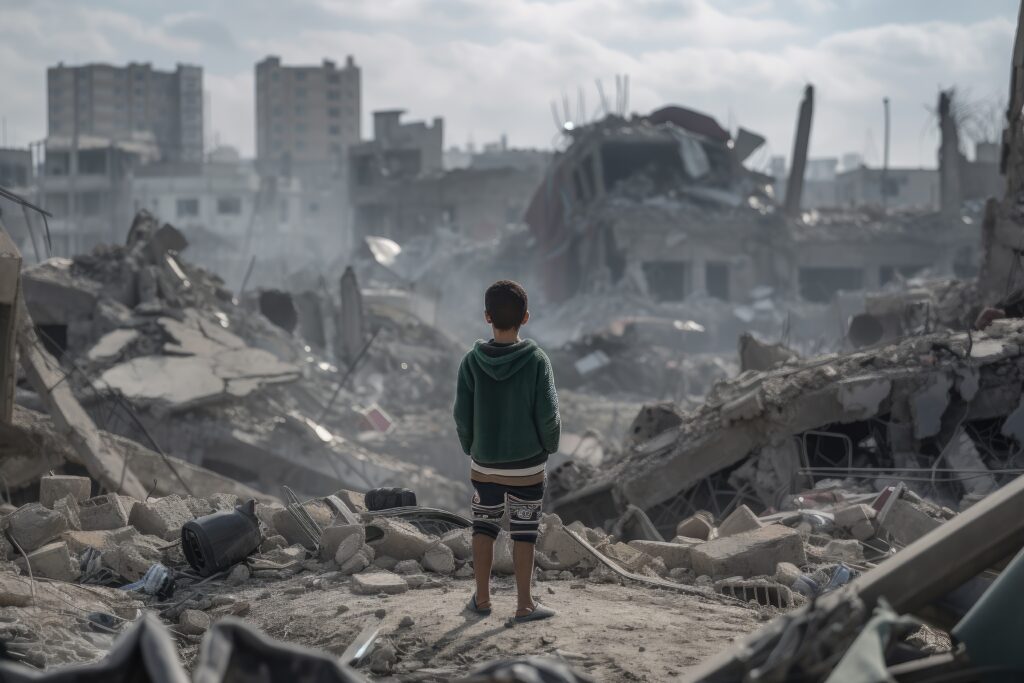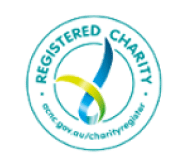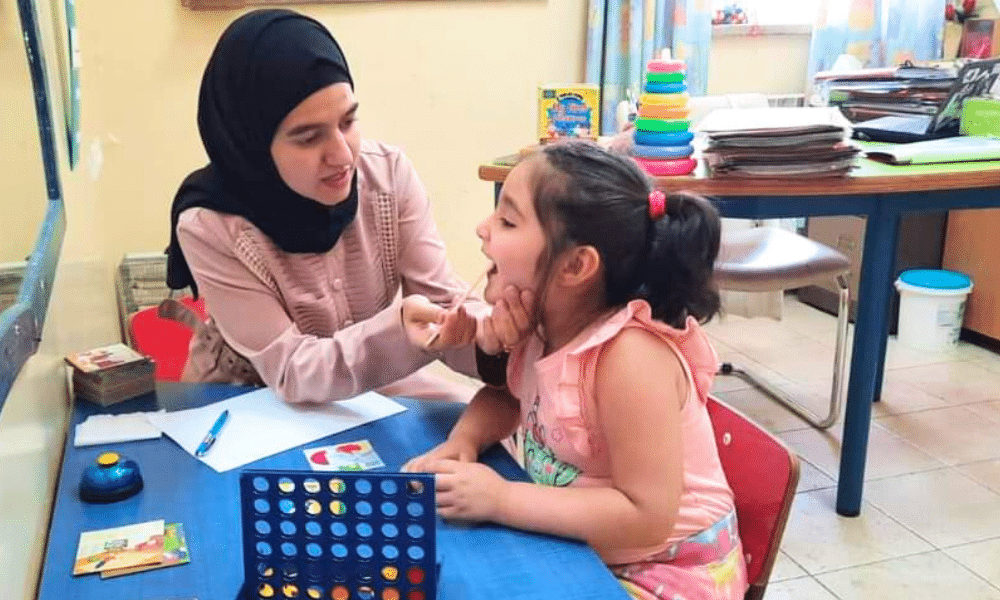
Where we Work
Occupied Palestinian Territories
5 million
Population
1.78 million
experience food
INSECURITY
27%
live in poverty
Part of the eastern Mediterranean region, the Occupied Palestinian Territories consist of the West Bank (including East Jerusalem) and Gaza.
Home to about 5 million people, these are some of the most contested portions of land in the world, and some of the poorest areas in the Middle East. A third of the population is food insecure, with at least 27% living in poverty.
These figures are alarming given they have all increased over the past 20 years, leading the United Nations to refer to the Occupied Palestinian Territories as having undergone a process of ‘de-development’.
Gaza is a small strip of land only 45km long and 5km-11km wide that is home to approximately 1.8 million people. It is one of the most densely populated areas in the world and includes refugee camps housing more than 800,000 people.
Israel’s blockade of the Gaza Strip since 2007 has exacerbated the many challenges facing the people of Gaza. They are unable to move in and out of Gaza, and access to agricultural land and fishing waters is severely restricted as are imports and exports. This has devastating consequences for people who cannot provide for their families. Unemployment rates (of up to 50%) are some of the highest in the world and nearly 80% of the population receives some form of humanitarian assistance.
In Gaza, Anglican Overseas Aid has been working with partner al-Ahli Arab Hospital since 1988. The hospital is run by the Episcopal Diocese of Jerusalem and provides healthcare to patients regardless of ethnicity, religion, political affiliation, or economic status.
In East Jerusalem, the Spafford Children’s Center works with vulnerable and disadvantaged children and families, providing educational and psycho-social support to help them learn, grow and thrive.
